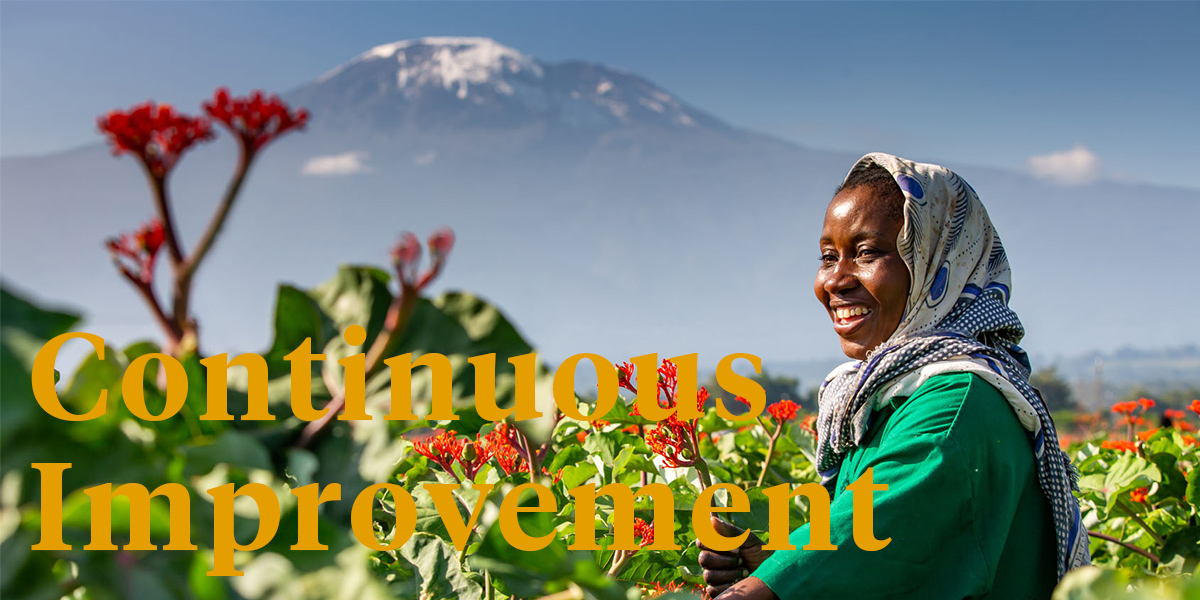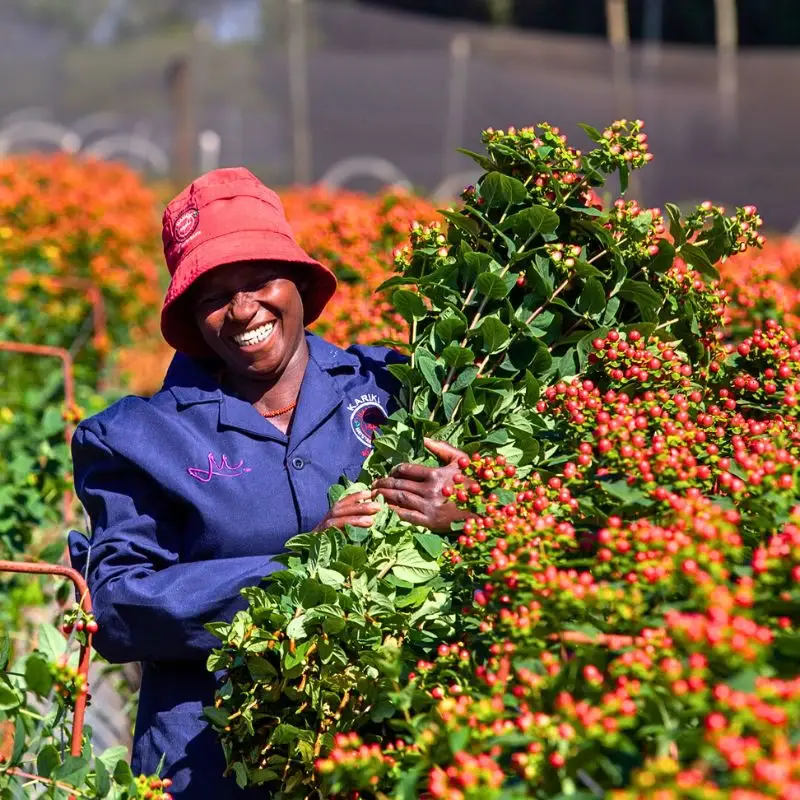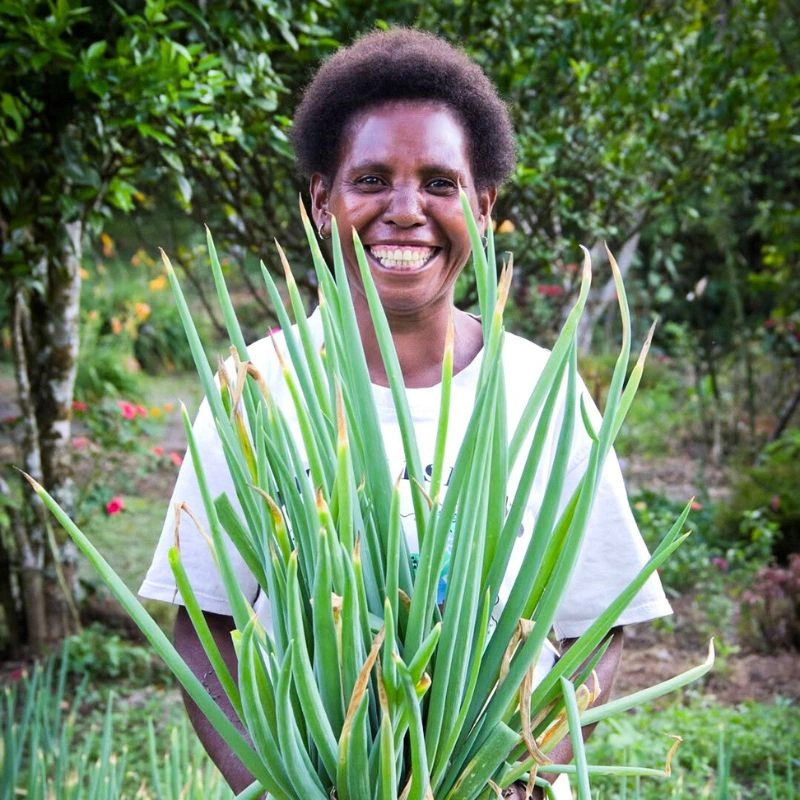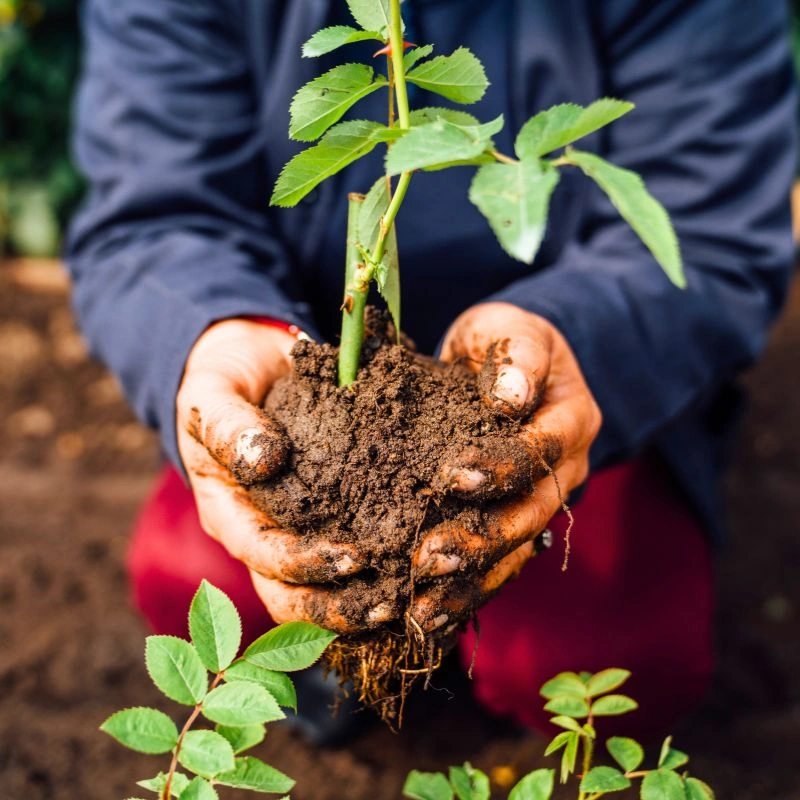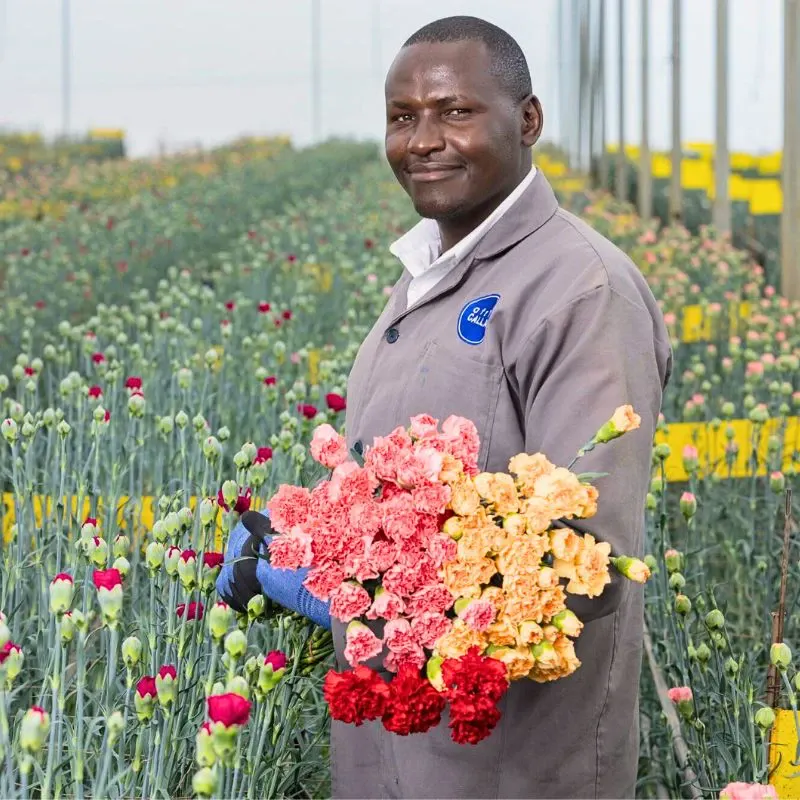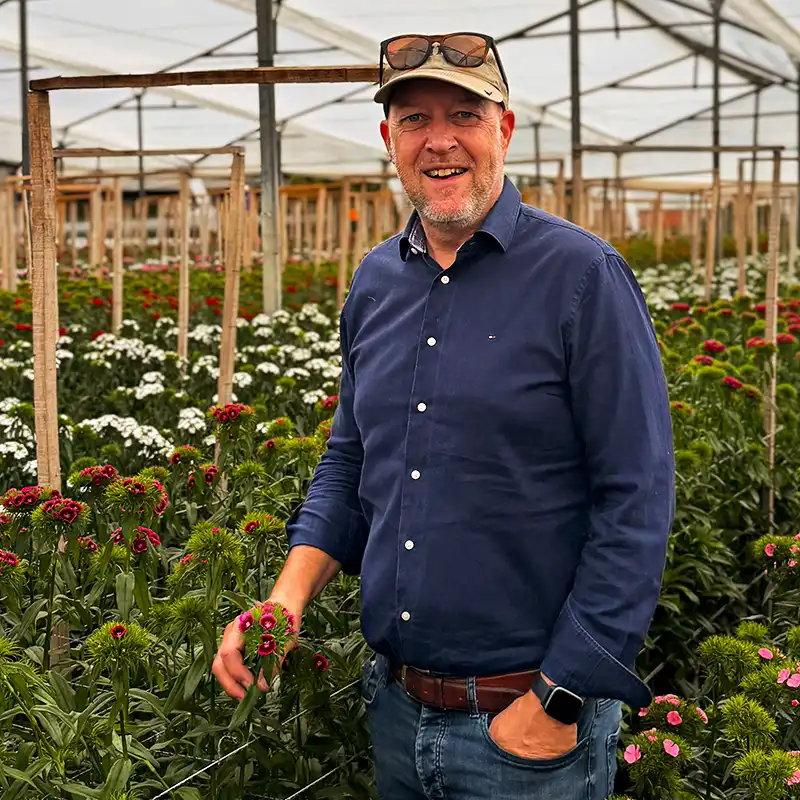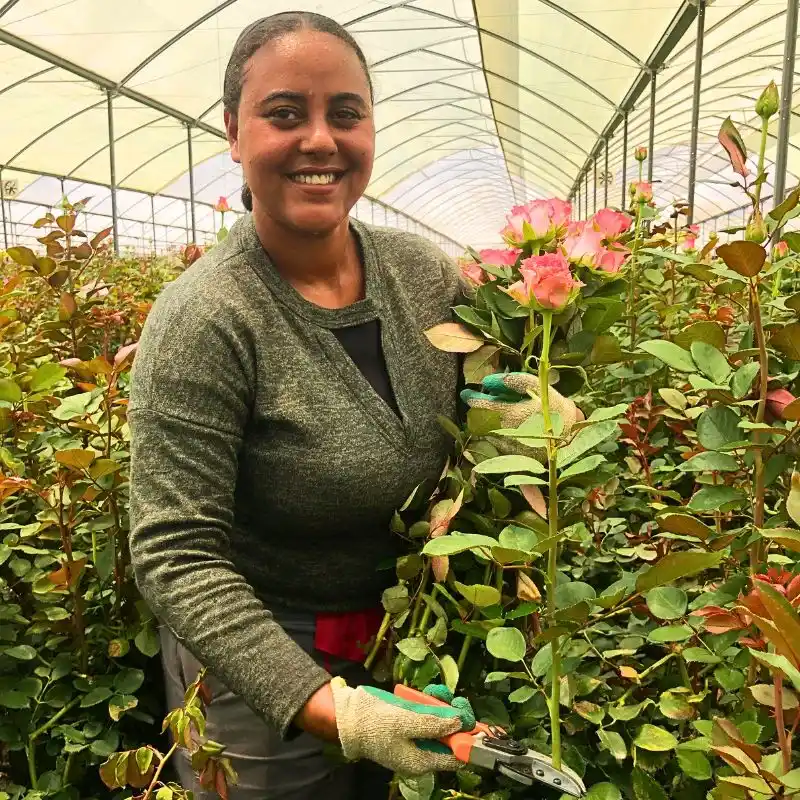Sustainable Enterprise
Marginpar is a member of FSI, that stands for Floriculture Sustainability Initiative. Together with the other FSI members, they want to achieve sustainable production of 90% for all plants and flowers. Rob Koning, Marginpar’s Managing Director in the Netherlands, comments on the role of Marginpar in a more sustainable enterprise. "We are very committed to making our industry more sustainable. That is why we immediately said yes to participating in FSI. There is much work to be done to improve sustainability in our sector and we believe that this can only be achieved by working together with our partners and colleagues."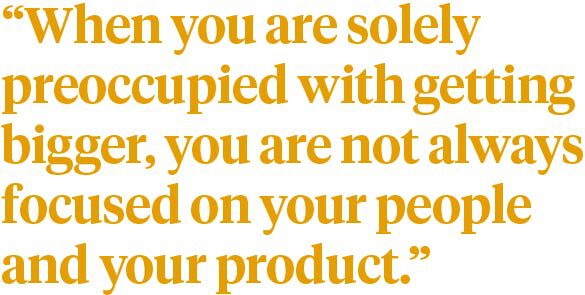
Social Sustainability
"Marginpar has been investing heavily in social sustainability for a number of years now. Our whole approach has been centered around a single question: ‘How do we treat our own people?’ We have focused primarily on our locations in Africa, with a particular interest in the villages that lie in the vicinity of our farms where our people come from. Here, we try to help out in as many ways as possible. Think for example of providing fresh water, but education is also a point of interest. And when our workers come to us with specific requests, we always try to help them. The practical approach, that’s what matters to us."
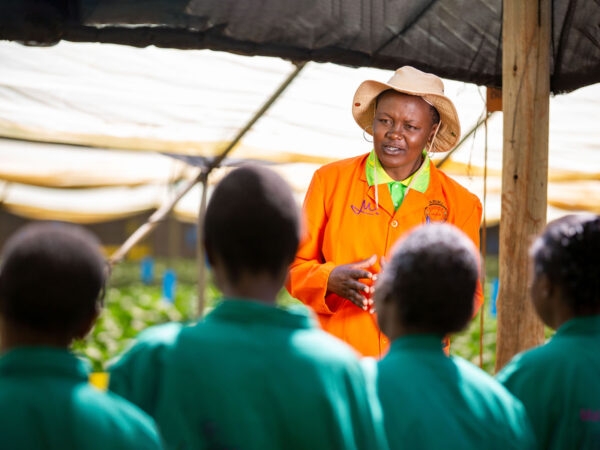
Too Much Focus on Growth
"Many years ago, when we moved from Zimbabwe to Kenya, Tanzania, and Ethiopia, we were completely focused on growth, growth and more growth. But when you are solely preoccupied with getting bigger, you are not always focused on your people and your product. Before we merged our businesses in 2018, we worked in close cooperation with our partner in Kenya, Richard (Kiki) Fernandes. Kiki was the CEO of the Kariki Group, with seven production locations and a workforce of 3,500. To improve efficiencies on the farms he implemented the Kaizen culture in 2012."
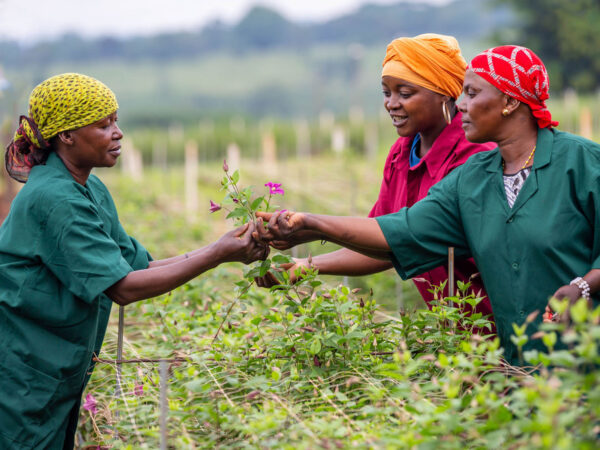
The Power of Kaizen
"Kaizen is a Japanese term, which can be translated as ’continuous improvement’. As a result of Kaizen, a new culture arose in the company. All the employees, from the management to the person in the field, started to develop a great sense of ownership in their work. They began to share experiences, exchange skills and ideas, and work together to further improve their products. Kaizen really helps to continuously grow our people and they look after the quality of our product. Learning from the experiences on the farms in Kenya, we have decided to introduce the Kaizen lean culture in our company in the Netherlands as well."
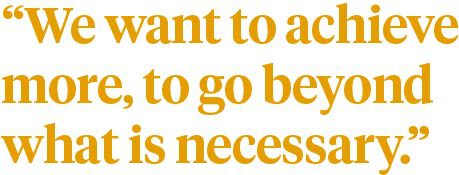
90% Sustainable
"When it comes to environmental sustainability, there is still a lot of work to be done. This is one of the reasons why we’re participating with FSI. This way, we force ourselves to reach their stated goal of becoming 90% sustainable. We look very closely at the ways pesticides and fertilizer are being used. This isn’t particularly difficult, by the way: the labels that have joined FSI are very clear about the products that we can and can’t use. But we want to do more, want to achieve more. We look beyond what is strictly necessary and truly go the extra mile when it comes to sustainability."
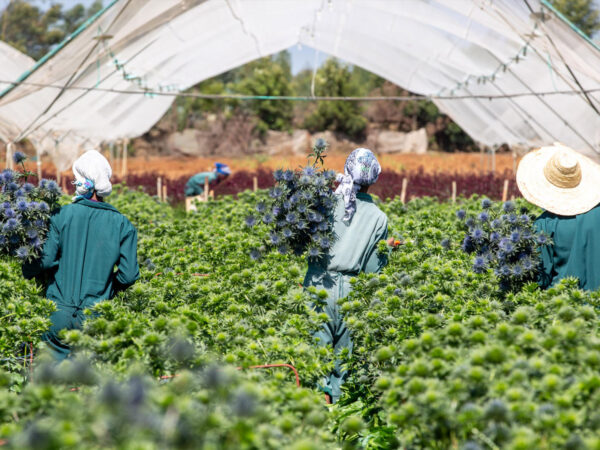
Sustainable Solutions
"If you just try to meet the goals that have been set, you’re not really trying. At least, that’s the way we feel about it. A good example of going the extra mile concerns the current use of plastic to wrap the flowers. FSI and Royal FloraHolland have already stated that they want to stop doing this. We fully support this plan but have also said that we need to find a good and sustainable alternative first because there really isn’t any at this point. Yes, sometimes the path towards full sustainability is a difficult one. Nevertheless, it is important that we keep addressing these matters because it forces you to look for genuinely sustainable solutions."
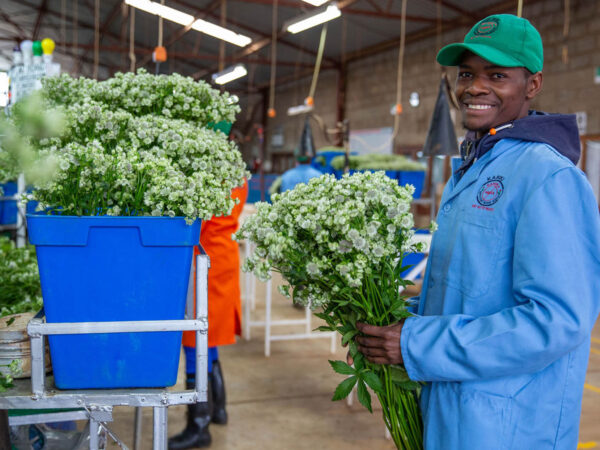
A Better Climate
"In the meantime, we’re doing everything we can. Take for example the crops that we are growing in Kenya and Ethiopia. In that part of the world, you have an average of twelve hours of daylight. But these particular crops need sixteen to eighteen hours of daylight. We used to solve this problem with fluorescent lights or large sodium lights. Nowadays, we are changing over to the use of LED lights, which enables us to significantly reduce the amount of energy needed for production."
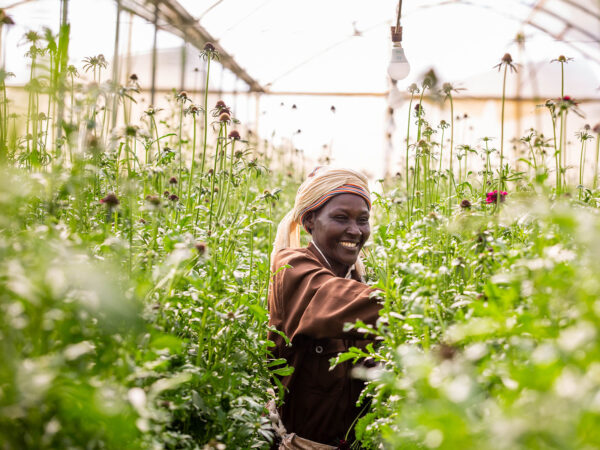
LED lights in the greenhouse
Solar Panels
"Many of our farms in Africa are now using solar panels. These very large solar installations provide the energy needed for the irrigation pumps. When it comes to the water itself, becoming sustainable is still a challenge. A significant reduction of irrigation isn’t really an option, but we do make sure that the companies are using the available water as smartly as possible. And literally, all of the precipitation is being harvested and stored in large lagoons."
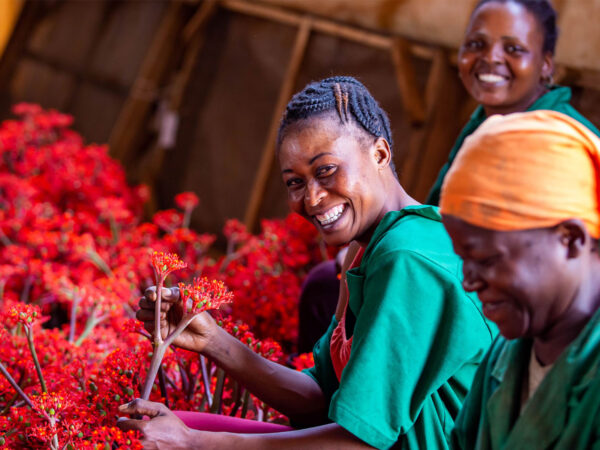
Social Sustainability
"At this point, we are looking at ways to present our achievements in the field of social sustainability. We have done quite a lot, but never really shared this with the outside world. Additionally, we see that everyone who visits one of our farms in Kenya is genuinely surprised by the level of engagement and ownership among all of our employees. Together, we are Marginpar, and together we will achieve these ambitions also."
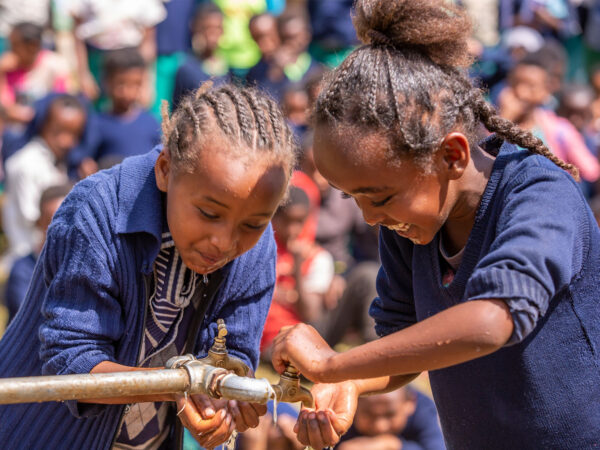
Water tap installed by Marginpar


